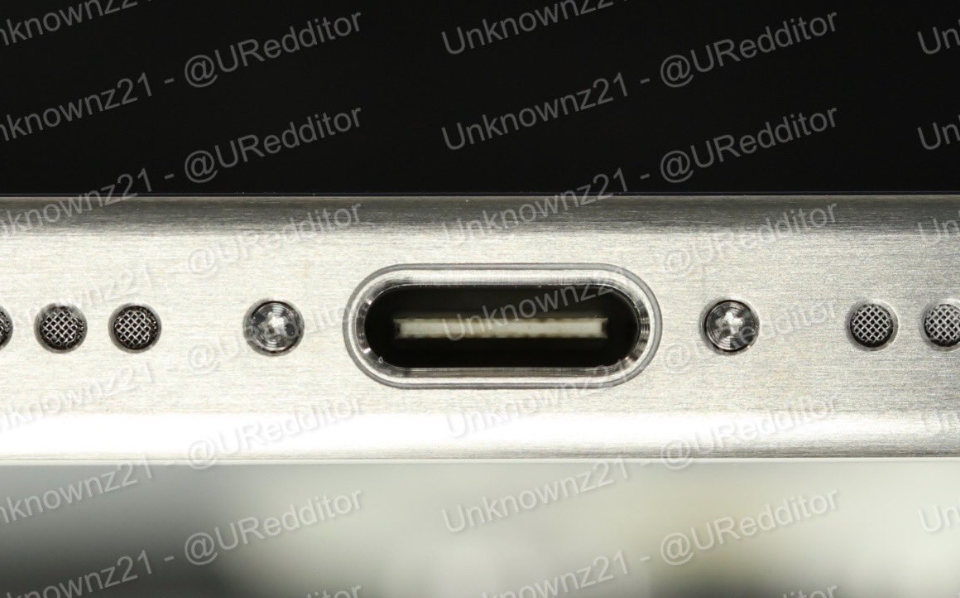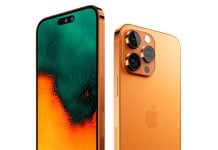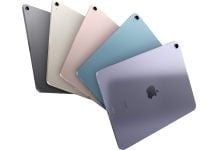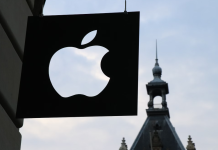The countdown has begun for an iPhone with a USB-C port. The internet has already begun to celebrate this necessary change, thanks to leaked images. The use of USB-C in iPhones and AirPods means a single cable can be used for all devices. Although it is a nice improvement that no more Lightning cables will be needed, iPhone 15 may not be compatible with Android. Here are the details…
The new iPhone is sure to use USB-C, but it may not be compatible with Android
The iPhone 15 Pro is rumored to use the USB-C, marking a significant shift for Apple as it moves closer to Android phones. While this may come as good news for users who have long been clamoring for a universal charging standard, it may not necessarily mean that the iPhone 15 will be compatible with Android devices.

According to a recent report from Mobile China News, Apple‘s decision to switch to the USB-C interface may be driven by the pressure from the European Union. The European Council has mandated that all electronic devices sold in the EU must use the Type-C charging interface from 2024. If Apple does not comply, it may not be able to sell the new iPhone in the European market.
This move to USB-C is a departure from Apple’s longstanding use of the proprietary Lightning port, which has been a point of contention for users who have to carry multiple cables or adapters for their devices. USB-C is a popular standard for charging and data transfer, and it is used by most Android devices.
While the move to USB-C is a step in the right direction for Apple, there is still a concern that the new iPhone may not be compatible with Android devices. This may be due to Apple’s desire to keep its data confidential and secure, which has been a key selling point for the company. If the iPhone 15 uses a USB-C interface that is not compatible with Android, it may create a data barrier for users who switch between devices.
From a user’s perspective, the lack of universal compatibility could also be a concern in terms of environmental impact. With the proliferation of electronic devices, there is a growing need to reduce e-waste by using more sustainable charging standards. The use of proprietary charging ports has been criticized for contributing to electronic waste and making it harder to recycle devices.
It remains to be seen how Apple will address these concerns. While the move to USB-C is a positive development, it would be even better if the new iPhone could be universally compatible with Android devices. This would not only make it easier for users to switch between devices but also help reduce e-waste and promote more sustainable practices in the tech industry.
RELATED:
- XPeng Launches New S4 Fast Charging Stations for EVs in Shenzhen and Guangzhou, China
- OnePlus 11 5G With Snapdragon 8 Gen 2, 100W Charging Debuts Globally
- Xiaomi Launches New Smart Door Lock with Integrated Camera and Screen
- Best LG TVs to Buy in 2023 – OLED, Nanocell & More
- Redmi A2 Design, Specs & Pricing for Europe Leaks Ahead of Launch
(source)







